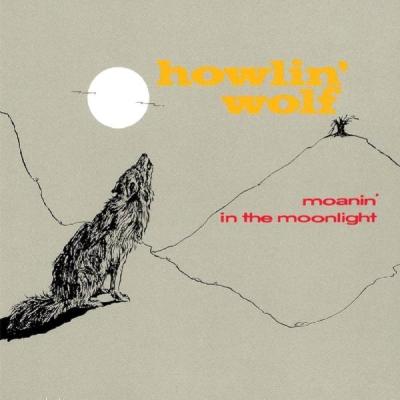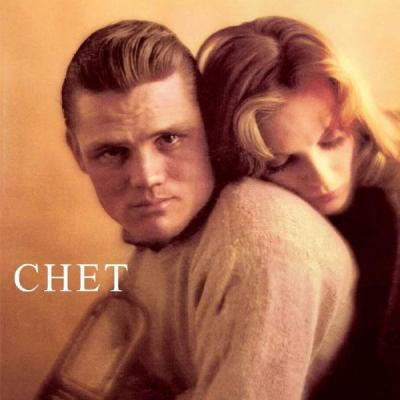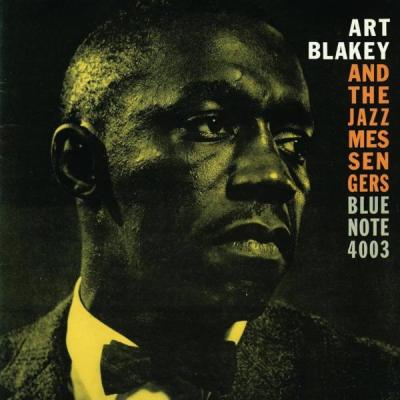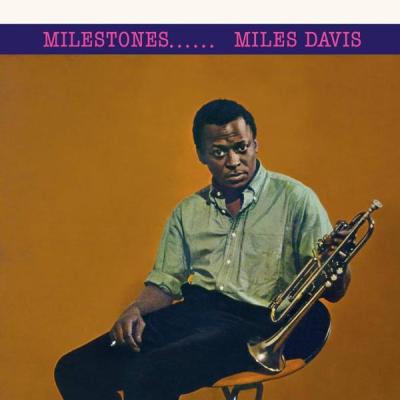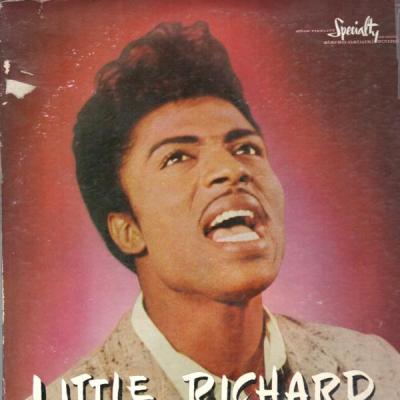

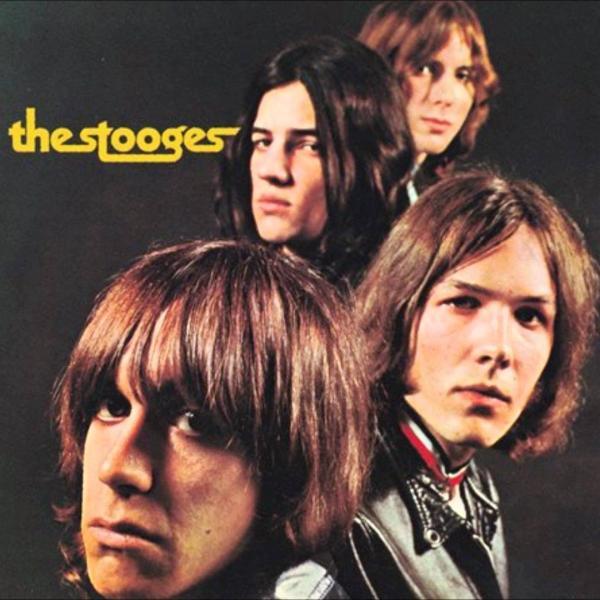
The Stooges: The Stooges
Album #113- August 1969
Episode date - April 18, 2018
The MC5 were as inevitable as sunrise. Rock and roll sprang to life as a genre based on youth and rebellion, so when the younger generation started to develop a political consciousness based on their rebellious nature, it was only natural that a rock and roll band would be front and center for the cause.
It is just as inevitable that the five bandmembers hailed from Detroit, the ‘Motor City,’ with a reputation for spawning some of the loudest and most raucous rock music, from Mitch Ryder and early Bob Seger to the Amboy Dukes (with Ted Nugent), and soon afterward, Iggy Pop’s Stooges. While the MC5 would achieve a degree of (short-lived) fame on the Billboard top 40, no such fate could possibly have befallen the Stooges.
The seeds for Iggy Pop’s outrageous stage persona were sown after he witnessed Jim Morrison antagonize the audience during a performance at the University of Michigan. Pop saw in Morrison a kindred soul, and developed his own persona by exaggerating every move until it was completely outrageous. He would stage dive (probably the first human to do this, at a time when the audience was not prone to catch him), writhe in broken glass, pull his pants below his hips, expectorate and sometimes even vomit on the crowd. Ron Asheton would stand guard on guitar, bashing out chords through his wah-wah pedal while his brother Scott flailed at his drumkit, and novice bassist Dave Alexander struggled valiantly to hold things together.
In their time, the Iggy and the Stooges were a pariah, something to be feared and avoided. Their primal sound ran in direct counterpoint to the psychedelic scene, and they were thoroughly apolitical. Iggy’s live performances verged on dementia, with self-mutilation and dangerously direct confrontation defining his stage demeanor. His lyrics were pure, unfocused defiance utterly lacking in anything even remotely sophisticated. The band was despicable, and yet they signified the future of rock and roll. The album would lay dormant for nearly a decade, but at least three songs (“1969”, “I Wanna Be Your Dog”, and “No Fun”) would provide the soundtrack for the burgeoning punk movement of the seventies, and eventually became outright anthems.
The record is far from perfect. “We Will Fall” is unbearably long and redundant, nearly ruining the awesome energy that surrounds it. A handful of tracks sound like they were written in about as long as it took the band to play them, but that’s not necessarily a bad thing. John Cale’s dry production leaves something to be desired as well, but ultimately it may well be that Cale’s arch and simple style is what gave the album its longevity – it sounded terrible in 1969, and yet somehow perfect in 1977. The MC5 had their fifteen minutes of fame in 1969, but politics ultimately ruined the band and damaged the longevity of their music. Iggy and the Stooges didn’t give a rat’s ass about politics, or anything else, really, and their music blossomed over time. This is way to the future…
August 1969 - Billboard Charted # 106
1969
I Wanna Be Your Dog
Related Shows


